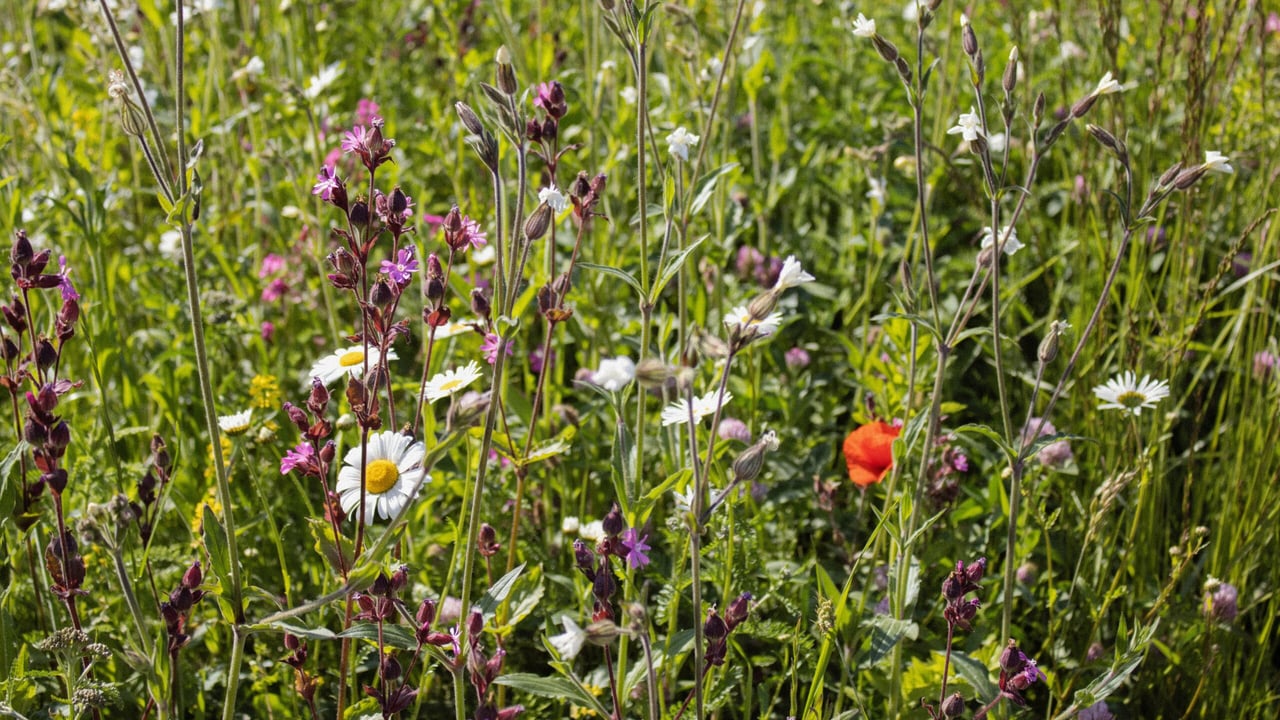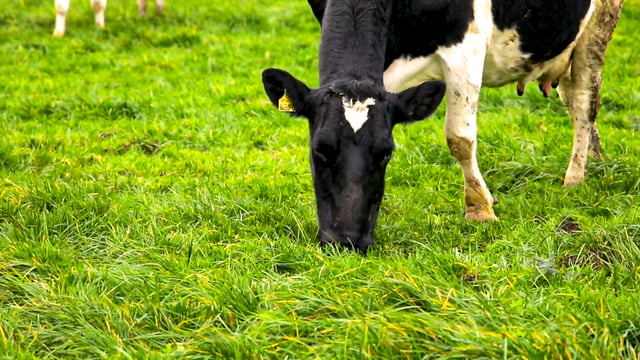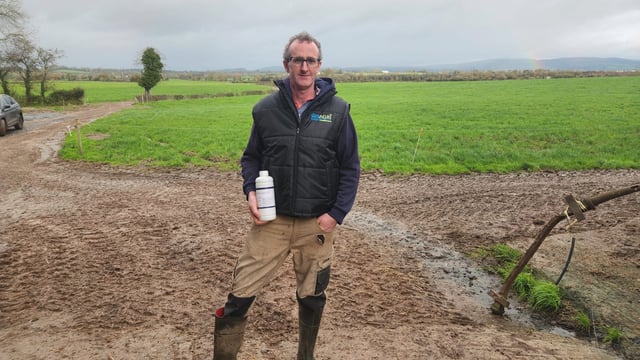New report shows 'urgent action is needed' on biodiversity - CCAC
Urgent action on biodiversity is needed from the Irish government, according to the Climate Change Advisory Council's (CCAC) annual review published today (Wednesday, October 15).
The council has warned that Ireland is "falling far short" of its international conservation commitments.
Just 14.4% of land and just under 10% of marine areas under formal protection, far below the 30% target set for 2030 under the Global Biodiversity Framework.
The report also noted that more ambitious targets are needed for Ireland's peatlands with only 25% in a healthy condition.
CCAC
Additionally, the council stated that limited resourcing for biodiversity across government departments and agencies remains a concern, with an estimated annual investment gap of €700 million.
The CCAC noted that this investment gap "is compounded by the Government’s inaction to prioritise a dedicated allocation for biodiversity conservation and restoration measures within the Infrastructure, Climate and Nature Fund."
The continued increase in core funding for the National Parks and Wildlife Service (NPWS), which rose to over €100 million for the first time in Budget 2026, an increase of 20% on 2025, was welcomed.
The report urges the government to urgently develop a specific regulation requiring planning authorities to ensure no net loss of biodiversity and that nature-based solutions are incorporated into all future developments.
Farmers
The CCAC said that considerable uncertainty remains around the funding of agri-environment measures beyond the current Common Agricultural Policy (CAP) Strategic Plan and around the broader implementation of the Nature Restoration Plan (NRP).
"It is essential that this uncertainty is addressed through long-term multi-annual investment with effective delivery mechanisms and robust monitoring frameworks to ensure funding is translated into measurable outcomes that are positive for biodiversity and climate.
"Lessons learned from existing schemes should be used to scale up financing and support for targeted and ambitious actions in agriculture that deliver the necessary positive outcomes," the report said.
"The government should ensure continuity of the current agri-environment schemes and timely payments, while also establishing a longer-term programme that incentivises and rewards farmers for delivering ambitious, results-based measures that reduce emissions, build resilience and enhance biodiversity and ecosystem services," the document added.
As part of the mid-term review of the Forestry Programme 2023–2027, the CCAC said the government should strengthen incentives for and remove barriers to the Native Tree Area Scheme to encourage the planting of small native woodland pocket forests
Biodiversity
Prof. Yvonne Buckley, who is a member of the CCAC, said that more ambitious biodiversity conservation and restoration measures are needed both in and outside protected areas.
"Government’s failure to tackle biodiversity loss is having a detrimental impact on Ireland’s ability to reduce greenhouse gas emissions and its resilience to extreme weather events.
"A key priority must be to incorporate nature-based solutions and biodiversity enhancement measures into new developments.
"By ensuring that our infrastructure provides green and blue spaces, we can increase well-being and make our communities better places to live.
Buckley added: "The Council welcomes the establishment of an independent advisory committee and related working groups for the development of the National Nature Restoration Plan.
"This must be reinforced by committed investment to enhance and protect biodiversity that is supported by a significant increase in biodiversity-related human resources capacity across all of Government."
Asian hornet
The Council also highlighted the growing threat to native biodiversity from invasive species, with the recent identification of Asian hornets in Cork and Dublin as a sign of accelerating ecological risk.
It has recommended that National Parks and Wildlife Service deliver the long-overdue National Invasive Species Management Plan before the end of the year, with targeted actions to monitor and manage species of concern.
Prof. Buckley said: "Climate change is making Ireland more hospitable to invasive species due to milder winters and warmer summers.
"These risks, identified as substantial by 2050 and critical by 2100 in the National Climate Change Risk Assessment, highlight the urgent need to strengthen our surveillance, control, and management systems.
"Biodiversity is not just protecting nature, it’s about supporting climate resilience and making our communities more pleasant places to live; if the Government is serious about climate action, then it must invest in supporting biodiversity," she added.






